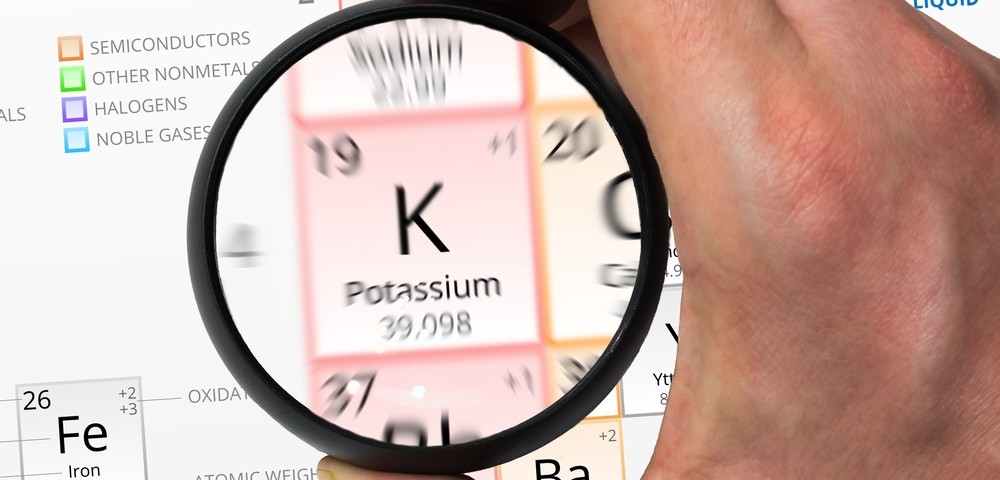Treating rheumatoid arthritis (RA) patients with oral potassium supplements can be an effective and “gentle” way to reduce pain and disease activity, according to the results of a study, “Oral Potassium (K+) Reduces Pain in RA: A Randomized Active Control Study of Diet Based K+ Intervention,” presented at the recent American College of Rheumatology annual meeting in San Francisco.
Evidence has shown that those who suffer from rheumatoid arthritis (RA) tend to have lower potassium blood levels as well as lower levels of cortisol, a natural steroid that fights inflammation. Researchers evaluated 172 chronic RA patients, 89% of whom were women (ACR 1987 classified, with a mean age of 49.9 years and mean disease duration of 9.9 years), and assessed disease activity and pain by means that included VAS (visual analog scale for pain). All patients were randomized into a 16-week, assessor-blind, three-arm study at a community rheumatology center. Patients in arm A received a potassium-rich diet, patients in arm B were given a potassium supplement powder, and patients in arm C followed their normal diet.
Researchers matched the three study arms for several measures, including mean disease activity. All patients continued routine RA care. Monthly assessments included urinary compliance checks and standard safety as well as efficacy evaluations.
Results revealed that after the intervention, pain and several ACR (American College of Rheumatology score) efficacy measures had improved. Complete analysis showed that patients in arm B had the most significant changes in mean pain VAS, and the highest proportion of people with a 50% or greater reduction in pain levels.
The highest improvements in the Health Assessment Questionnaire and the short-form survey SF-36 were also observed in the arm B group, as were the highest levels of morning serum cortisol. A reduction in DAS28 of 1.4 was registered in arm A, 1.2 in arm B, and 0.9 in arm C.
“This pragmatic interventional control study in patients suffering from chronic symptomatic RA showed a clinically important pain reduction over and above standard drug treatment using dietary K+ augmentation. Other possible benefits were reduced disease activity and improved BP (cardiovascular) status. Overall, this seemed to be a gentle, useful and safe adjunct therapy,” the researchers concluded.


